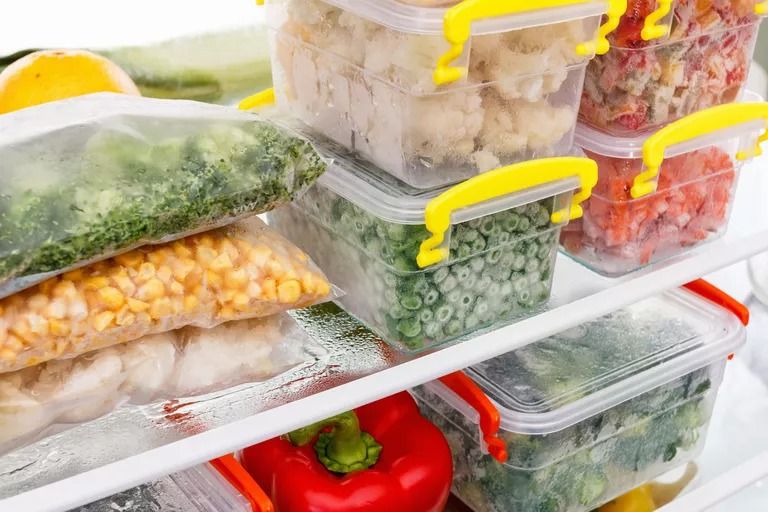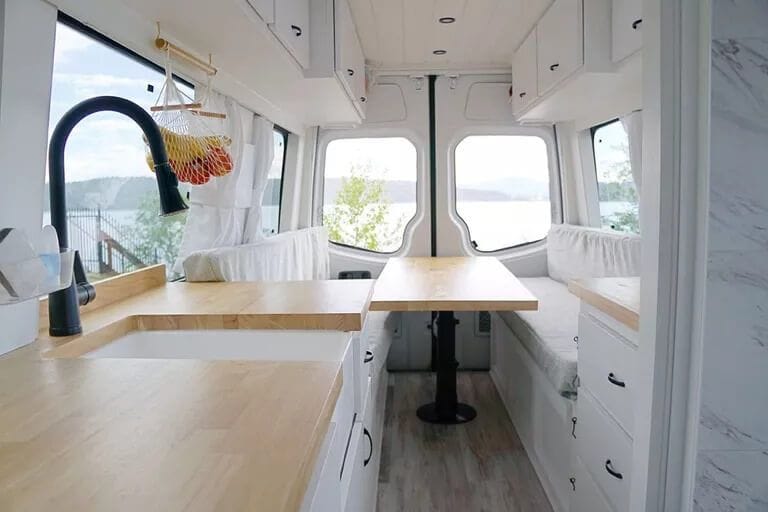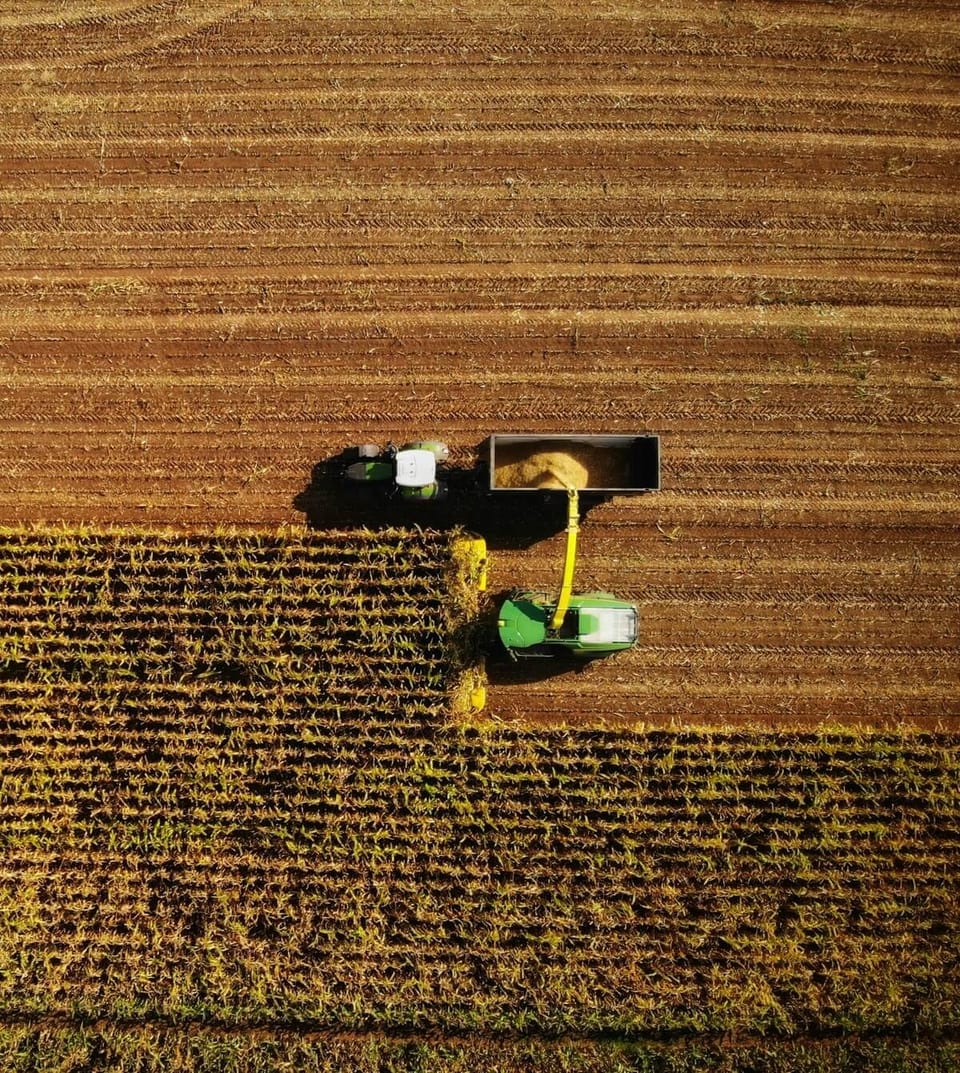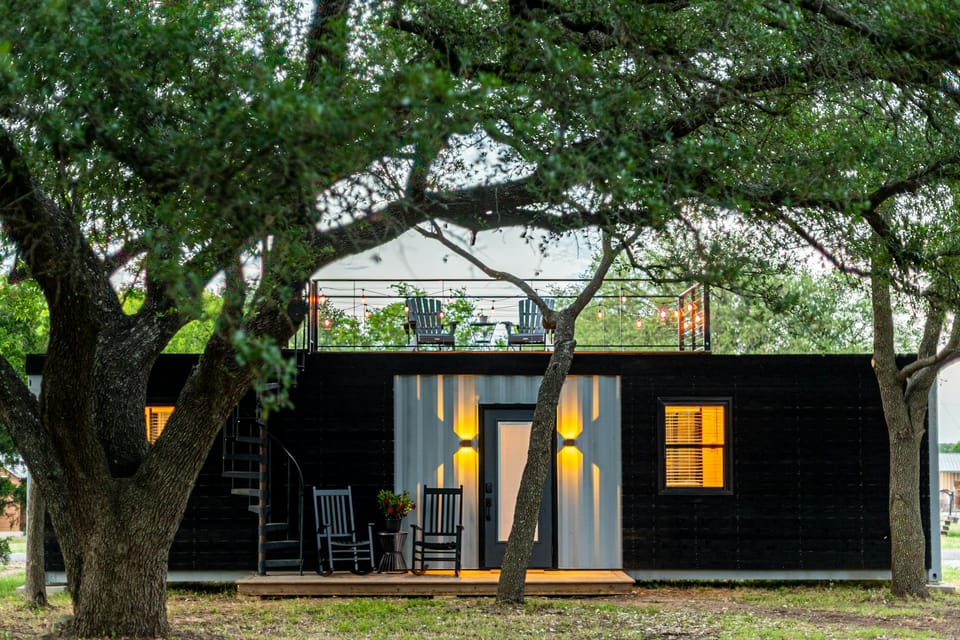Sustainable Van Life: Complete Guide to Eco-Friendly Nomadic Living in 2025
Transform your van life journey into an eco-conscious adventure. This comprehensive guide reveals sustainable van life tips, energy systems, and waste management strategies that help eco nomads reduce their environmental impact while embracing minimalist living.

The modern nomad faces a paradox. While van life promises freedom from consumer culture, it often increases our carbon footprint through constant travel and resource consumption. Yet innovative eco-conscious travelers are rewriting this narrative, proving that sustainable van life isn't just possible—it's becoming the gold standard for responsible nomadic living.
Recent studies show that 73% of millennials are willing to pay more for sustainable products, and this mindset is reshaping how we approach life on the road. The question isn't whether you can live sustainably in a van, but how quickly you can implement these game-changing practices.
Is Van Life Actually Environmentally Friendly?
The short answer: it depends entirely on your approach.
Traditional van life often creates a larger carbon footprint than apartment living. The average van produces 0.96 pounds of CO2 per mile, meaning a nomad driving 20,000 miles annually generates roughly 9.6 tons of carbon emissions. Compare this to the average American household's 16 tons annually, and van life appears greener—until you factor in inefficient energy systems and wasteful practices.
However, sustainable van life flips this equation. Eco-conscious nomads report reducing their overall environmental impact by 40-60% compared to traditional housing through strategic lifestyle changes.
Carbon Footprint of Van Life vs Apartment Living
Here's the reality check most van life influencers won't share:
Traditional Van Life:
- Annual carbon emissions: 8-12 tons
- Energy consumption: Often relies on generators and inefficient systems
- Waste production: Limited recycling options increase landfill contributions
Sustainable Van Life:
- Annual carbon emissions: 3-6 tons
- Energy consumption: 80-90% renewable through solar systems
- Waste production: Near-zero waste practices reduce impact by 70%
Apartment Living:
- Annual carbon emissions: 12-16 tons
- Energy consumption: Grid-dependent, often fossil fuel-based
- Waste production: Average American produces 4.5 pounds daily
The data reveals that sustainable van life significantly outperforms traditional housing when implemented correctly.
How to Make Van Life More Sustainable
Start with Your Energy Systems
Sustainable van life energy systems form the foundation of eco-friendly nomadic living. Solar power isn't just trendy—it's essential for reducing your environmental impact.
Essential Components:
- 400-800 watts of solar panels (depending on energy needs)
- Lithium iron phosphate batteries for efficiency and longevity
- MPPT charge controllers for maximum energy capture
- LED lighting throughout your van
Pro tip: Calculate your daily energy consumption before installing solar. Most sustainable van lifers use 100-200 amp-hours daily, easily managed with a well-designed solar system.
Master Water Conservation Techniques
Eco-conscious van life water conservation goes beyond taking shorter showers. Smart water management can reduce consumption by 80% compared to traditional housing.
Water-Saving Strategies:
- Install low-flow fixtures and aerators
- Use biodegradable soaps exclusively
- Implement greywater recycling systems
- Collect rainwater when possible
- Practice "navy showers" (water on to wet, off to soap, on to rinse)
The average American uses 80 gallons of water daily. Sustainable van lifers thrive on 5-10 gallons, proving that conscious consumption doesn't mean sacrifice.
Implement Zero-Waste Practices
Sustainable van life waste management requires creativity and commitment. Without curbside pickup, every item you bring into your van becomes your responsibility.
Zero-Waste Essentials:
- Reusable containers for bulk shopping
- Compost system for organic waste
- Minimal packaging food choices
- Repair-don't-replace mentality
- Strategic shopping to minimize waste
"The goal isn't perfection—it's progress," explains Sarah Johnson, founder of the Eco Van Life community. "Every small change compounds into significant environmental impact reduction."
Sustainable Van Life Tips for Eco Nomads
Choose Your Route Strategically
Your travel patterns dramatically impact your carbon footprint. Sustainable van life tips include:
- Stay longer in each location (2-4 weeks minimum)
- Plan circular routes to minimize backtracking
- Choose destinations based on seasonal weather patterns
- Use elevation changes for natural climate control
- Prioritize public transportation for local exploration
Invest in High-Quality, Multi-Purpose Gear
Sustainable nomads embrace the "buy once, use forever" philosophy. Quality gear reduces replacement frequency and environmental impact.
Essential Multi-Purpose Items:
- Cast iron cookware (cooking, baking, heat retention)
- Merino wool clothing (temperature regulation, odor resistance)
- Stainless steel containers (food storage, cooking, serving)
- Solar-powered devices (radios, lights, chargers)
Support Local Economies
True sustainability extends beyond environmental impact. Sustainable van life means supporting local communities rather than extracting resources without giving back.
Community-Conscious Practices:
- Shop at farmers markets and local businesses
- Volunteer with environmental organizations
- Choose paid camping over free dispersed camping when possible
- Hire local guides and services
- Leave positive economic impact in visited communities
Leave No Trace Principles for Van Life
The Leave No Trace principles for van life aren't suggestions—they're mandatory practices for responsible nomads.
The Seven Principles Applied to Van Life
- Plan Ahead and Prepare: Research camping regulations and environmental conditions
- Travel and Camp on Durable Surfaces: Use established campsites and roads
- Dispose of Waste Properly: Pack out all trash and human waste
- Leave What You Find: Don't collect rocks, plants, or artifacts
- Minimize Campfire Impacts: Use established fire rings or portable fire pans
- Respect Wildlife: Store food properly and observe from distance
- Be Considerate of Other Visitors: Keep noise levels down and respect privacy
Advanced Leave No Trace Practices
Greywater Management:
- Use biodegradable soaps 200 feet from water sources
- Strain food particles before dispersing greywater
- Rotate greywater disposal locations
- Consider portable greywater tanks for sensitive areas
Human Waste Solutions:
- Install composting toilets for extended stays
- Use portable toilets in fragile environments
- Follow local regulations for waste disposal
- Carry waste to appropriate facilities when required
Technology and Innovation in Sustainable Van Life
The convergence of technology and sustainability is revolutionizing van life. Sustainable van life benefits from continuous innovation in renewable energy, water purification, and waste management.
Cutting-Edge Sustainable Technologies
Energy Innovations:
- Flexible solar panels for curved van roofs
- Portable wind turbines for diverse energy sources
- Efficient 12V appliances reducing power consumption
- Smart battery monitoring systems
Water Technologies:
- Atmospheric water generators creating water from air
- Advanced filtration systems for any water source
- Greywater recycling systems
- Rainwater collection and purification
Waste Management:
- Compact composting systems
- Portable incinerators for specific waste types
- Advanced recycling solutions for remote areas
Building a Sustainable Van Life Community
Sustainable van life thrives on community support and shared knowledge. The most successful eco-nomads actively participate in sustainable living networks.
Finding Your Tribe
Online Communities:
- Eco Van Life Facebook groups
- Sustainable nomad forums
- Instagram hashtags: #sustainablevanlife #econmads
- YouTube channels focused on green van life
Real-World Connections:
- Attend van life gatherings with sustainability focus
- Join environmental volunteer projects
- Participate in community workdays at campsites
- Connect with local sustainability groups
Sharing Knowledge and Resources
Experienced sustainable van lifers understand that knowledge sharing accelerates the movement toward responsible nomadic living.
Ways to Contribute:
- Document your sustainable practices on social media
- Write detailed blog posts about specific challenges and solutions
- Mentor newcomers to sustainable van life
- Create educational content about environmental impact
- Share resource locations and sustainable camping spots
The Future of Sustainable Van Life
As climate consciousness grows, sustainable van life is evolving from niche practice to mainstream movement. Industry predictions suggest that eco-friendly van conversions will represent 60% of the market by 2027.
Emerging Trends
Electric Van Conversions:
- Increasing range capabilities
- Charging infrastructure expansion
- Lower total cost of ownership
- Zero direct emissions
Regenerative Travel:
- Van lifers actively improving visited locations
- Carbon-negative travel practices
- Ecosystem restoration projects
- Community development initiatives
Technology Integration:
- AI-powered route optimization for minimal environmental impact
- Smart resource management systems
- Predictive maintenance reducing waste
- Community-shared resource networks
Your Sustainable Van Life Action Plan
Ready to transform your van life journey? Sustainable van life requires intentional planning and gradual implementation.
30-Day Quick Start Guide
Week 1: Assessment and Planning
- Calculate your current environmental impact
- Research sustainable van conversion options
- Connect with eco van life communities
- Create a sustainability mission statement
Week 2: Energy and Water Systems
- Design your solar power system
- Plan water conservation strategies
- Research greywater management options
- Calculate daily resource needs
Week 3: Waste Reduction and Gear Selection
- Audit current possessions for multi-purpose potential
- Plan zero-waste shopping strategies
- Research composting toilet options
- Create emergency waste management protocols
Week 4: Community and Education
- Join sustainable van life groups
- Plan your first eco-conscious route
- Identify volunteer opportunities along your route
- Set measurable sustainability goals
Long-Term Success Metrics
Track your progress with these sustainability indicators:
- Monthly carbon footprint calculations
- Water consumption per day
- Waste production measurement
- Community contribution hours
- Cost savings from sustainable practices
Conclusion: Your Sustainable Van Life Journey Starts Now
Sustainable van life isn't just about reducing environmental impact—it's about creating a lifestyle that aligns with your values while inspiring others to follow suit. The 2025 data is clear: eco-conscious nomads report higher life satisfaction, stronger community connections, and significant cost savings compared to traditional van lifers.
The road ahead requires commitment, creativity, and community support. But for those willing to embrace sustainable van life, the rewards extend far beyond personal fulfillment. You become part of a movement proving that freedom and responsibility can coexist, that adventure and environmental stewardship go hand in hand.
Your sustainable van life journey starts with a single decision: choosing impact over convenience, community over isolation, and long-term thinking over short-term gratification. The planet, your wallet, and your soul will thank you.
Ready to start your sustainable van life adventure? Join thousands of eco-conscious nomads who've discovered that the most rewarding journeys leave the smallest footprints. Share this guide with fellow aspiring van lifers and help build a community of responsible travelers changing the world one mile at a time.








